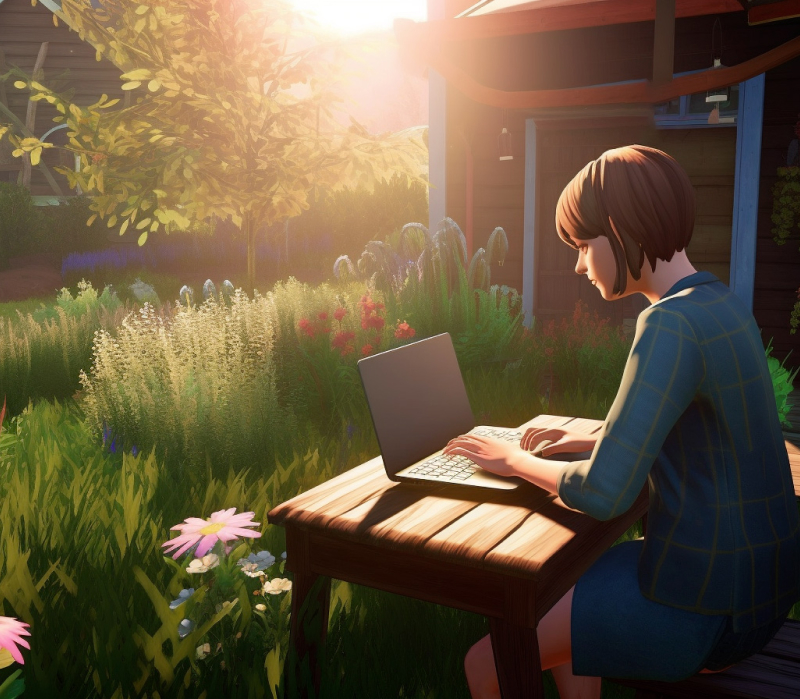SchoolChef4Change – A School Food MasterChef Competition


A third of all land is already used for crops and livestock. And yet, food production continues to be the main cause of deforestation and other habitat loss. This growing demand for food and continued stripping away of our environment is destabilizing many natural systems we rely on for our well-being and survival.
The warning signs are clear: extreme temperatures and erratic rainfall brought on by climate change, water scarcity, collapsed fish stocks, exhausted and eroded soils, alarming declines in pollinating insects. If these environmental crises continue, it will become impossible to feed a growing global population.
Are you a secondary school teacher? If yes, we have you covered.
Here you can find educational resources to engage young people into meaningful projects and non-formal learning activities to create change they want to see, as well as support and strengthen opportunities for young people to volunteer in the environmental sector.
By engaging in the project the students will not only learn new skills and acquire key competences, but also make a positive change in the communities they live in